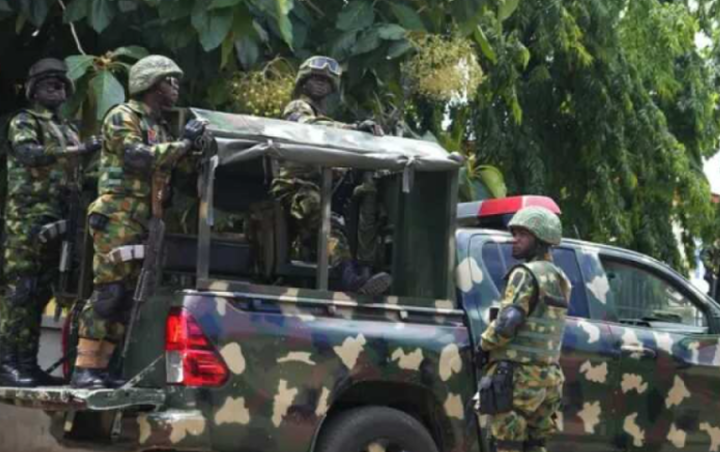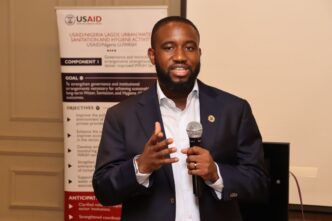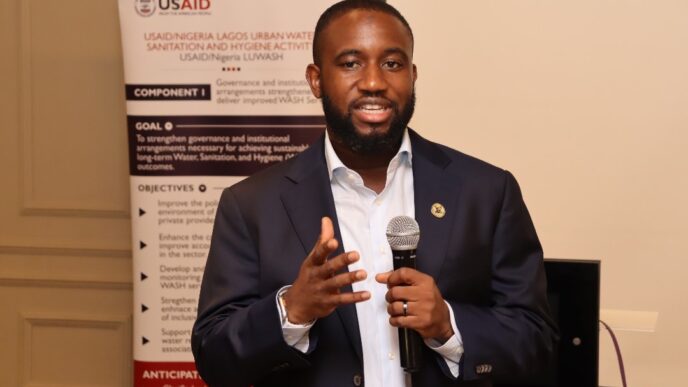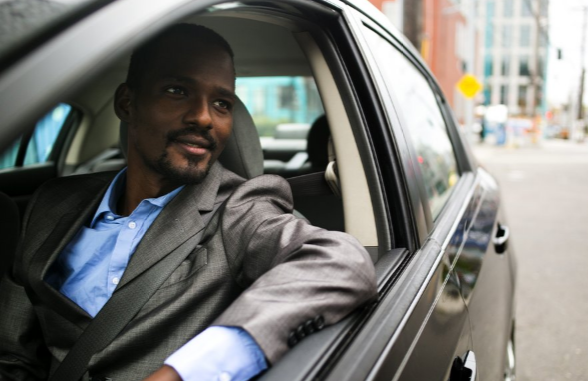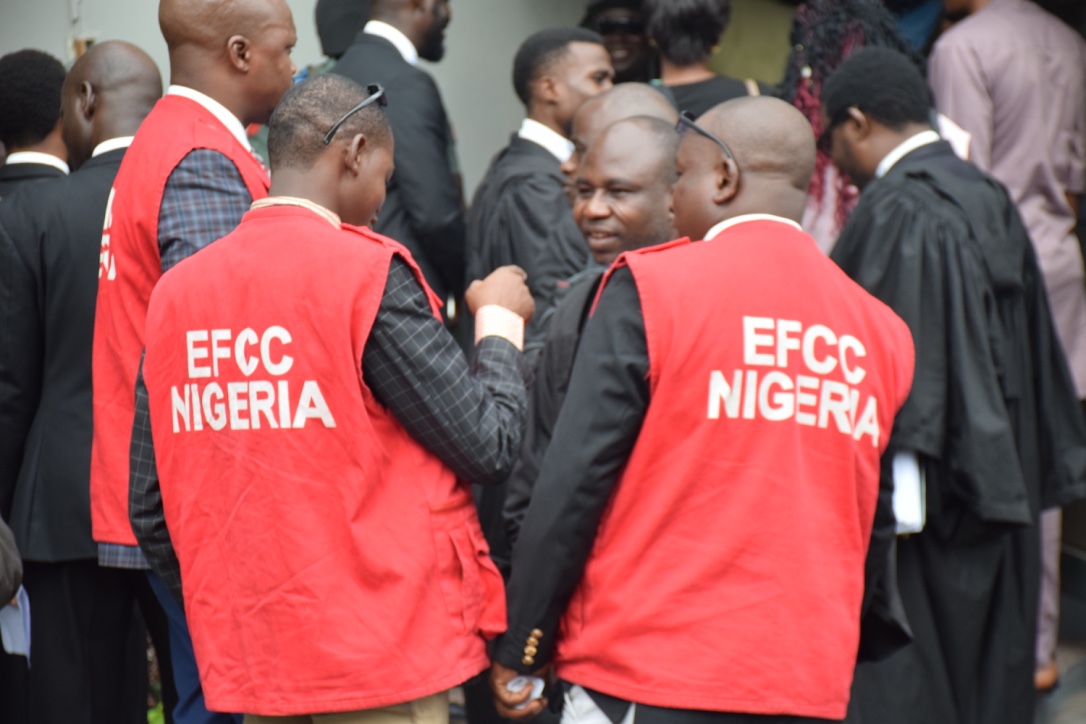File photo of Nigerian soldiers
BY LEKAN OLAYIWOLA
The trend of using military personnel to supervise or protect construction sites in some residential areas in Lagos is very worrisome. It is an aberration, to say the least. Civil contractors wishing to protect themselves, their assets, personnel or project sites from the harassment of thugs increasingly hire soldiers and station them permanently on the construction sites as guards. In fact, it would appear that a whole battalion is deployed as a full complement of ranking officers up to the level of colonels and other ranks are involved in the parade. In trying to solve one social problem, these civil contractors and their military patrons end up creating another social problem, one that borders on human security.
Why engage the military in the protection of non-sensitive public infrastructure like a trunk B or C road which is under construction? Why not use the police or the Nigerian Civil Defence Corps that are more appropriate to the situation? One school of thought believes that street urchins do not fear the police, much less the Civil Defence Corps that now bear arms also. But they hardly would dare the military.
Rather than complimenting the army, this disposition is an indictment of the policing structure and architecture in Nigeria. But that is a matter for another article. The focus here is on the military. How is it that it is easy for civilians to engage the Nigerian armed forces for civil policing jobs to the extent that soldiers become agents of brutality and insecurity in our communities? Is this part of their constitutional role?
Advertisement
This article arose from the grief I felt from reports on how soldiers brutalise and extort money from civilians in my neighbourhood in the name of guarding road construction works in the area. The soldiers have turned the area into a police territory and also assumed the job of policing and adjudicating crime and conflicts among residents. Their nefarious activities are reported on almost a daily basis and it saddens me to note that those who are supposed to give Nigerian citizens a sense of security are the very ones who have turned themselves into a serious threat to human security in Nigerian society. I heard of one case in which a man was accused of theft by his neighbours; the soldiers tortured the suspect by standing right on his chest and inserting the nozzle of a riffle right into his anus. I learnt his bloodied body was later handed over to the police area command in an unconscious state.
There was another instance of how the soldiers caught some street urchins who had mounted a roadblock on an alternative route in order to extort money from motorists. The soldiers on guard duty in the area proceeded to torture them to the point that the rib of one of them got broken in the process. There was yet another case where the soldiers caught two youthful residents fighting over a girlfriend and stripped them almost naked before subjecting them to serious flogging across the chest with electrical cables. They had asked the brawling duo to lie on their back on the very dusty road under construction with faces toward the blinding ray of the sun. The young girl who was the cause of the dispute was not spared the corporal punishment either. Each of them was reportedly forced to part with 2,000 naira to secure their release.
On many occasions, the soldiers on duty would arrest commercial motorcyclists and tricycle riders plying the yet-to-be-completed roads, seize their vehicles forcibly and demand hefty amounts of money (minimum 10,000 naira) before releasing them again. When a supposed traffic offender was caught commuting on the yet-to-be-finished road, the soldiers would arrest them, seize their vehicle and demand a bribe before releasing them. If the offender pleaded to be let off for a lesser amount of money than demanded, the soldiers threatened to drag him to their senior commander where he would have to pay a higher sum. Fearing such a prospect, the hapless victim was forced to part with an amount he could ill afford. And yes, any attempt to make the payment using electronic transfer was rejected. All the illegal charges, (more accurately, extortions) must be paid in cash apparently in order not leave any traces or evidence that could bring trouble later if the victims chose to pursue redress.
Advertisement
The soldiers were perceived as agents of terrorism in the eyes of the residents who were forced to live in fear. The relationship between the civilians and the military was not that of respect but of anxiety, fear and resentment. Of course, because the soldiers were permanently stationed in the area, some semblance of relationship seemed to exist between them and some of the residents, especially shopkeepers whose shops sometimes provided shade from the scorching heat of the sun and a place to buy food, drinks and other personal effects. But it was an anxious relationship brokered with the barrel of the gun.
While the residents may exchange occasional banters with the soldiers, the opinion of the people about the soldiers when talking among themselves was often negative. The people tried to avoid the soldiers like a dreaded disease. Sighting a soldier sitting in a shed or standing around a street corner did not project to the people a sense of their own security. Rather, it reminded the “bloody” civilians of their own vulnerability. And it appeared that the soldiers themselves relished the perception of being feared; like the Roman emperor Nero, they didn’t seem to care very much whether they are loved by the people as long as they were feared by the very people they were being paid to protect! The cases cited above were recorded in just one community. There were other similar reports or worse from other areas.
The net effect of allowing the military to be used in this manner is that it further erodes whatever respect and confidence that the citizens still have in the Nigerian military as an agency of state twenty-four odd years after the last military dictatorship relinquished power to the civilian leaders of the country in 1999. With the way the military is getting deeply involved in civilian affairs, albeit with debilitating impact, one would ask whether we are not returning to a police state. This is not good for the already strained military-civil relations.
The current brass of military authorities seem to be working tirelessly to bring the nation back from the brink of collapse at the hands of bandits and terrorists threatening the security of the nation. Their efforts should not be sabotaged by the unprofessional and unconstitutional use of the military in civilian affairs. In the fight against insurgency, the military relies on information flow from the residents in conflicted areas. But if trust and respect which a good civil-military relationship relies upon is undermined in the way and manner described above, the people would be less inclined to relate with, let alone share information with soldiers who are perceived as hostile, brutal and extortionate.
Advertisement
In the face of the threat of violence from street urchins (otherwise known as omo onile, agbero or area boys) beating or forcibly extorting money from construction workers, vandalizing or looting materials and equipment on construction sites, one may not overly blame the apprehensive civil contractors who engage private security regarding the safety of their employees and equipment on construction site. But there is a sense in which these contractors believe that the use of soldiers is more effective than engaging the police or the arms-bearing Nigerian Civil Defence Corp. I think it is an issue of perception rather than that of the capacity of the latter to provide adequate protection for construction workers or materials and equipment on site.
Survivors of many years of military rule in Nigeria may be fascinated by the chill that a show of force sends down the spine of “recalcitrant” citizens. Perhaps, the soldiers turned police may also be anxious to justify the confidence of their paymasters in terrorizing the community as proof of their effectiveness, namely, to instil fear in the populace.
However, the military should not allow itself to be dragged into the routine task of community policing. At least, they should be wary of descending into such barbaric acts mentioned in this article. While appreciating their sacrifice in safeguarding the nation, especially from internal rebellion at this time, the activities of common thugs do not require the deployment of detachments of gun totting soldiers. The already tenuous relationship between civilians and the military should not be further eroded by the indiscriminate and undisciplined use of military personnel in civil society.
Lekan Olayiwola is a peace and conflict researcher and practitioner. He can be contacted via [email protected]
Advertisement
Views expressed by contributors are strictly personal and not of TheCable.
Add a comment
